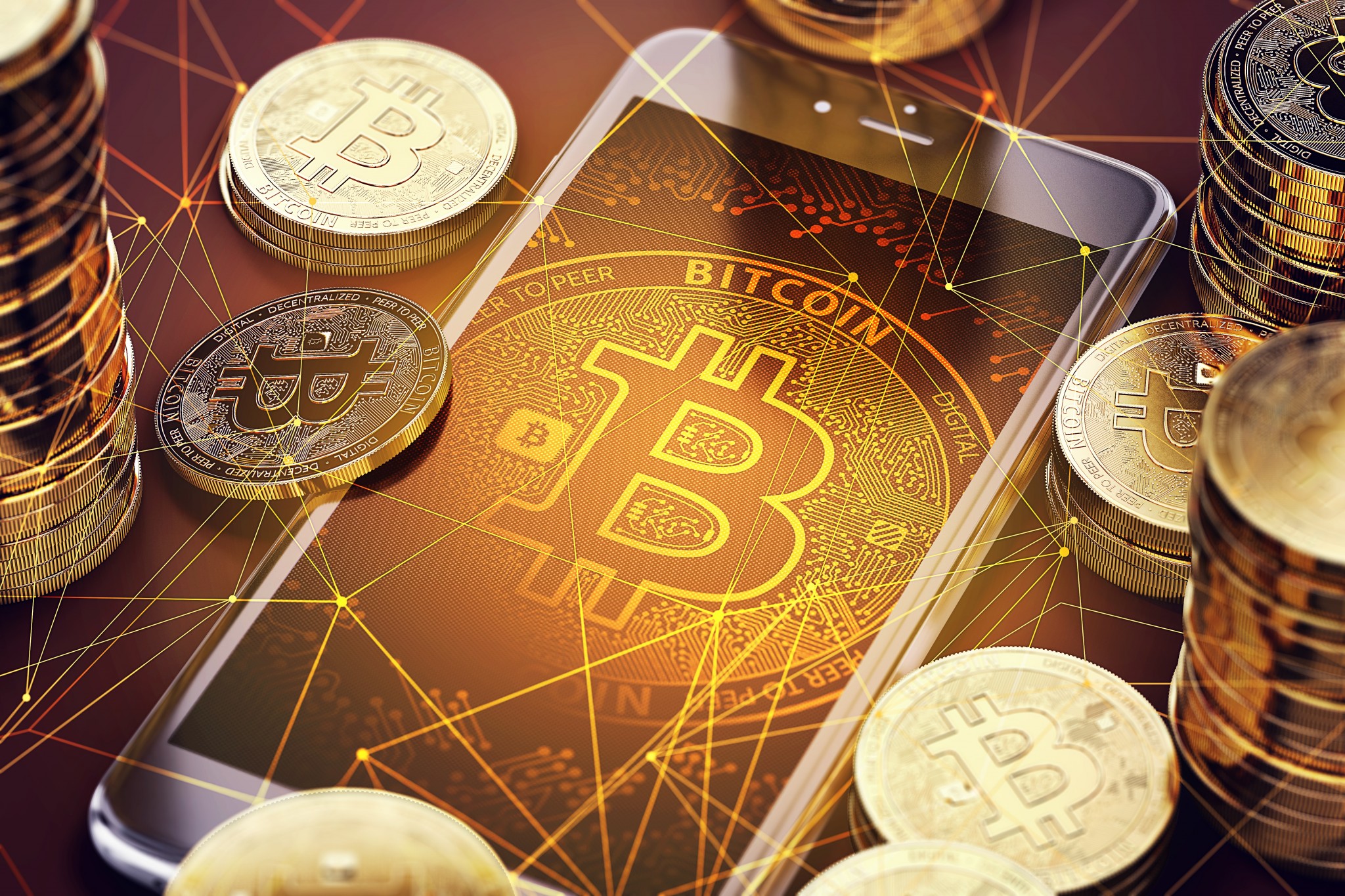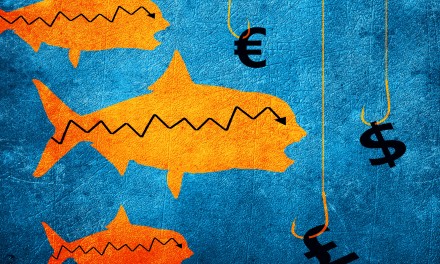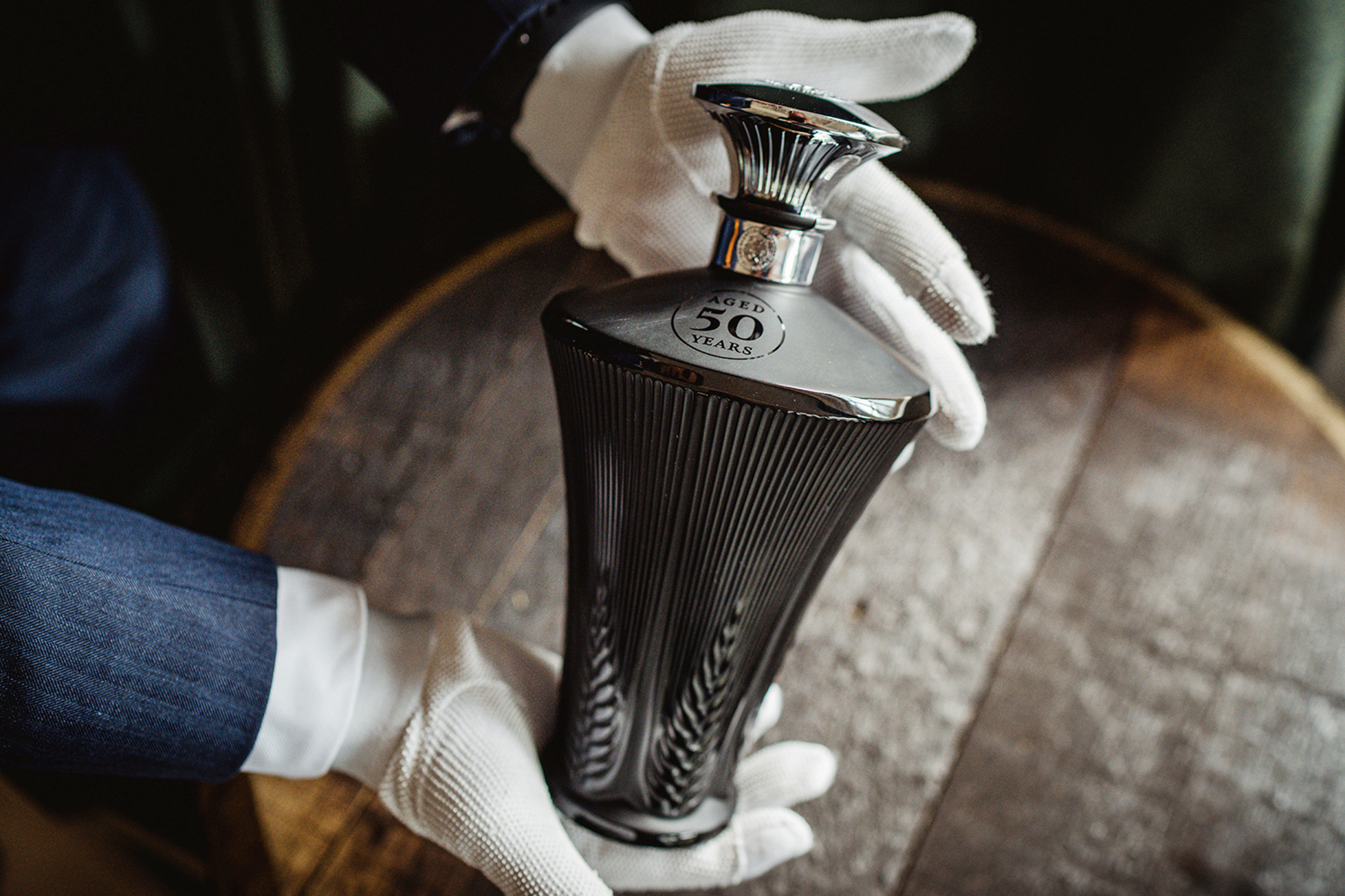
Cryptocurrency, bitcoin and blockchain. Are these new watchwords or an online mirage of ones and zeroes.
We cut through the jargon.
You don’t use it, and it’s not going to form part of any currency system you’ll rely on any time soon.
That attitude isn’t wrong. You can safely ignore it and instead turn to art investing, which at least has the benefit of aesthetics.
It is understandable, however, that you’d like to seem informed at a cocktail party.
Or maybe you get excited about the profits that could be won by clicking a few buttons to transfer ones and zeroes from your bank account to some digital currency you barely understand.
As risky as that is, that’s fine, too. We don’t get to choose what other people do with their money, and that’s the way it should be.
I’m going to remove bitcoin and the other digital currencies from the realm of regular, reasonable investing. So, unless you’re looking for a casino, avoid them all.
But with that proviso, now we can just have some fun with it.
Just knowing that it could, however, gave weight to the value of paper currency.
“Fiat money”
It’s much more typical for money these days to be fiat money: the government itself backs the value of money and promises to recognise that value should it come to a head.
This is a more nebulous source of value, to be sure, but as long as everyone agrees on the value of cash, it all seems to work.
This context is meant to instil the idea that any currency, including a currency that only exists virtually in the form of ones and zeroes just like any other data on a computer, is valuable because people think it’s valuable.
One bitcoin can be sold for about £3,000 because there are both buyers and sellers willing to transact at that price.
Some companies that accept cash may choose also to accept a cryptocurrency. (Cryptocurrencies, as we call this new crop of digital money, get some of their integrity from blockchain.)
The currency in question may catch on, it may not, and its survival is completely wrapped up in the strength of its adoption.
Some of the cryptocurrencies you hear about won’t be around in the future.
Here’s your primer for the cocktail party: bitcoin is merely the highest profile cryptocurrency. But there are several including Monero, dash and ether.
Look clever by clarifying that ether is the currency, while ethereum is the blockchain platform that ether is based on.
Trade your sterling for “coin”
One way to acquire cryptocurrency is by going online to a cryptocurrency exchange like Coinbase and trading your sterling for coin.
Then look up the businesses that accept those currencies as payment, or hold on to your coin, as they say in the biz, during a wild ride up and down in value (or maybe just down).
Cryptocurrencies aren’t nearly as liquid as publicly traded shares, which means that you could run into difficulty selling your holdings.
Understand that you’re in a casino, so be ready to laugh off the losses and revel in your luck, if not your cleverness, should you enjoy some gains.
Read the full article by Robin Black in the Mayfair Times here.











